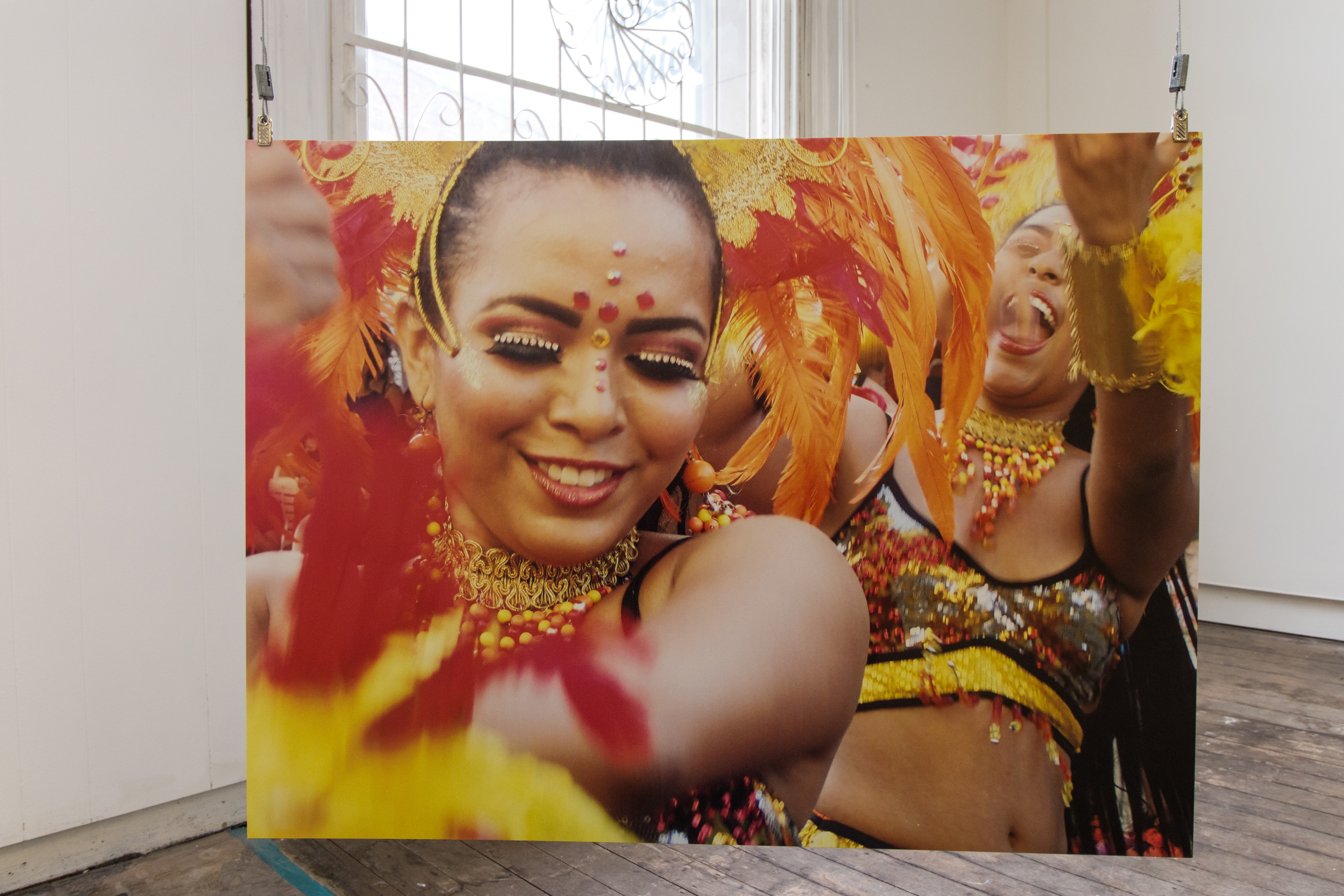Recently, I’ve realised just how much time I spend online, glued to a screen, and how infrequently I look up at the real world. I did some research and discovered that time spent on the net has surged during lockdown with UK Online Measurement reporting an eight per cent increase in time spent online with a total of nine billion more minutes spent on social media in March versus January. So, when I received the invite to join a Zoom version of The Empathy Experiment by Rose Condo, I had mixed feelings. Did I really want to spend Friday night in front of my laptop when I’d been making an effort to digitally detox? I also wasn’t overjoyed with the prospect of having to get dressed and make my hairstyle look less like a pineapple. But I needn’t have worried as the webinar was structured so everyone was on mute and, for the majority of the show, Condo was the only person visible on screen.
 Condo, an award-winning Canadian poet who now lives in Salford, created The Empathy Experiment to investigate whether empathy is facing extinction and if smartphones are to blame. Embarking on her own Day Of No Mobile Phones, Condo explores tech addiction and compassion, using herself as the test subject via spoken word theatre layered with original music and following an “eight-step process [she] learned in Grade 8 Science”.
Condo, an award-winning Canadian poet who now lives in Salford, created The Empathy Experiment to investigate whether empathy is facing extinction and if smartphones are to blame. Embarking on her own Day Of No Mobile Phones, Condo explores tech addiction and compassion, using herself as the test subject via spoken word theatre layered with original music and following an “eight-step process [she] learned in Grade 8 Science”.
I don’t want to go into too much detail about the content or the format of the show as its beauty lies in the unknown (little detail is given away beforehand) but I recommend watching it, particularly those people who feel like they might have an unhealthy relationship with technology.
I imagine that this version of the show, hosted during a global pandemic, invokes a different line of questioning (after all, without technology, where would be right now?) but the experiment offers no definitive answers. Condo uses herself as a test subject and works through each process with the audience by her side. She acknowledges that there are many positive reasons why people come to rely on technology and that our relationship with mobile technology is complex, perhaps even more so considering the current climate.
 Despite never seeing the original ‘live’ show, I realise that a socially distant version might lose some of its poignancy. For example, there’s a moment when a (pre-approved) participant is unmuted and ‘shares’ shoes with Condo (which involves the pair holding their footwear up to the camera). It’s probably quite powerful in person but feels a little awkward via Zoom. In the Q&A session, which is held via a chat function and facilitated by Bradford Literature Festival, a member of the audience asks Condo how the experience differs and she replies that while it has been interesting, and she is grateful for the opportunity, she much prefers being able to interact with a visible audience.
Despite never seeing the original ‘live’ show, I realise that a socially distant version might lose some of its poignancy. For example, there’s a moment when a (pre-approved) participant is unmuted and ‘shares’ shoes with Condo (which involves the pair holding their footwear up to the camera). It’s probably quite powerful in person but feels a little awkward via Zoom. In the Q&A session, which is held via a chat function and facilitated by Bradford Literature Festival, a member of the audience asks Condo how the experience differs and she replies that while it has been interesting, and she is grateful for the opportunity, she much prefers being able to interact with a visible audience.
Shows such as The Empathy Experiment are an example of why we so desperately need to campaign for the survival of the arts. It’s through questioning, connection and shared stories that we make sense of the world and create empathy with others (and god knows we could do with a good dose of that right now). Nowhere is this more evident than in our theatres.
So, as the world tentatively begins to re-open, perhaps it’s time to put down our mobile phones, switch off the streaming devices and begin to connect with others? That’s what being human is all about. And surely that’s why we’re all here?
Main image: Rose Condo, The Empathy Experiment. Credit: Charles Leek.











